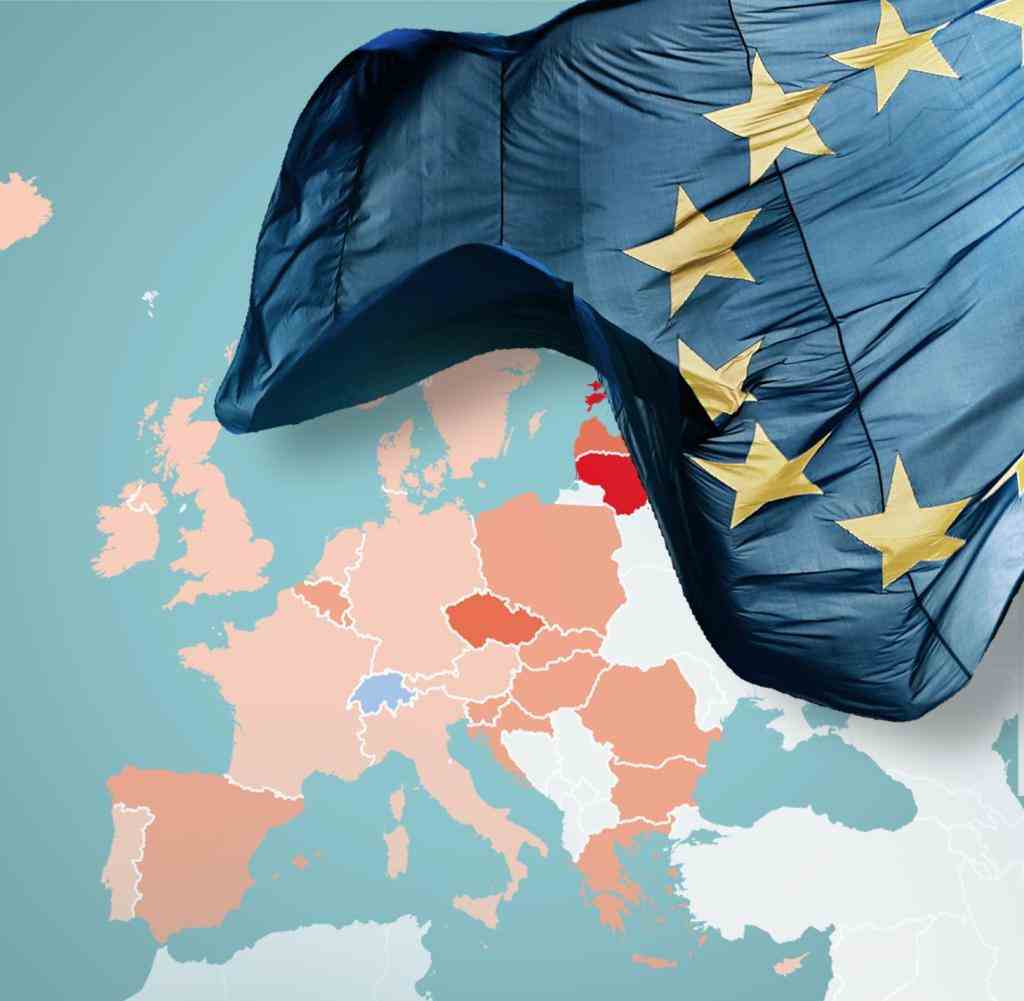Top economists consider the new ECB crisis instrument to be dangerous
“The much more important part for the markets is the launch of a new instrument”
Driven by record inflation, the ECB is abolishing negative interest rates and announcing a series of rate hikes. The first increase in almost exactly eleven years. WELT chief economist Dorothea Siems says, “an energetic reaction had to be taken.”
Highly indebted countries should no longer pay significantly higher interest rates than Germany. Top economist Hans-Werner Sinn sees the ECB’s plans on a dangerous course. He’s not alone in that.
TOp economist Hans-Werner Sinn sees the European Central Bank (ECB) on a dangerous course. The monetary union can only exist “if countries that have higher debts have to pay higher interest rates,” said the former President of the Ifo Institute and author WELT AM SONNTAG.
In this case, speaking of an unacceptable fragmentation of the euro zone is a PR idea of the ECB. “Interest rates are a brake on debt and inflation. This self-stabilization mechanism of the market economy is fundamentally weakened with the new instrument,” criticized the economist.
Last Thursday, ECB boss Christine Lagarde announced the new crisis instrument TPI at the same time as the interest rate hike, which is intended to prevent highly indebted countries such as Italy from having to pay significantly higher interest rates than Germany. If the risk premiums are too high, the ECB wants to buy unlimited government bonds from the affected euro country.
Sinn warned that always new debts increased inflationary pressures. “The old way of covering up all problems with more and more money” no longer works in view of the devaluation of money. However, withdrawal will be painful.
“Because if there is no money, there is a risk of distribution struggles.” Politicians will look for ways to continue to expand the European transfer system. “Southern Europe would become the great Mezzogiorno, financed by the more productive north, if that were to succeed.”
“The prospects of how the euro area will continue if the ECB does not finally act more credibly are bleak,” said finance scientist Gunther Schnabl from the University of Leipzig WELT AM SONNTAG.
Governments would be increasingly tempted to use new debt to cap prices for gas and food, freeze rents and regulate more and more sectors of the economy strictly in order to mitigate the consequences of inflation and shortages. “Then the short-term consequences of inflation will be under control, but there is a risk of a gradual loss of prosperity.”




